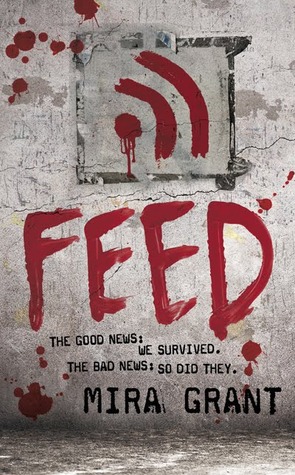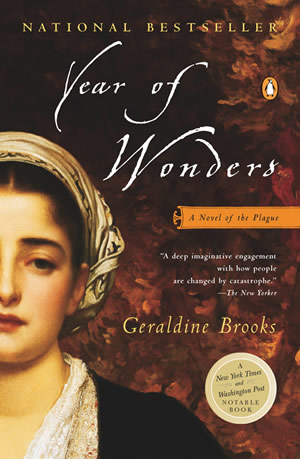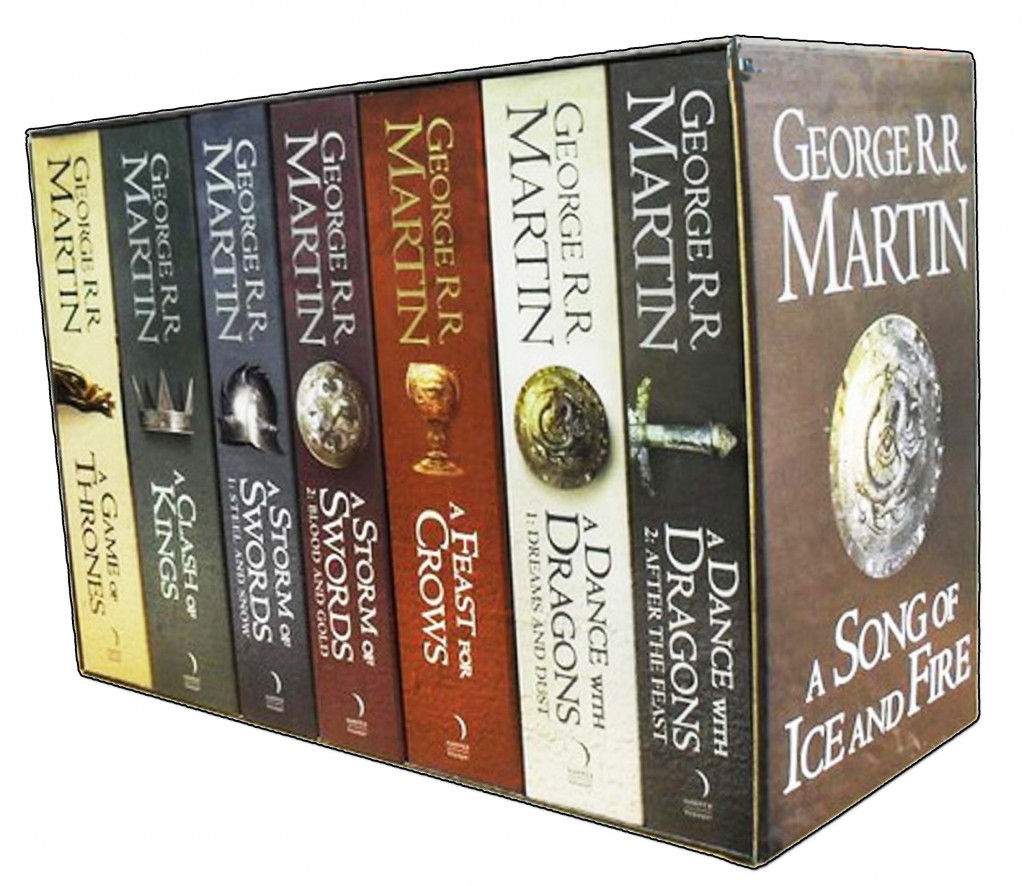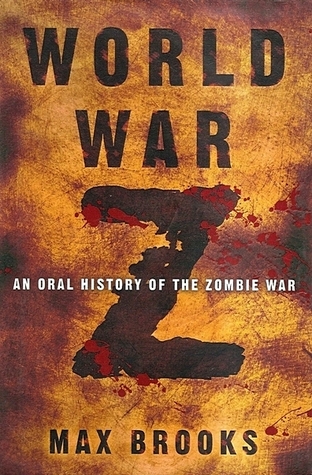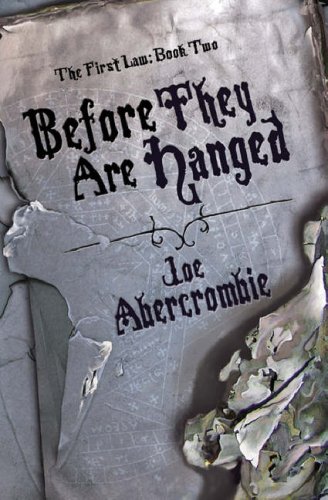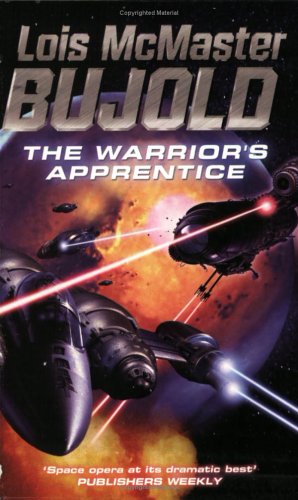The post-apocalyptic genre usually seems to take an all-or-nothing stance on civilization. Most post-apocalyptic stories either start with the world as it is and progress toward complete breakdown of society, or they skip the first step and begin after the apocalypse is in full swing.
Feed, by Mira Grant (the open pen-name of Seanan McGuire) takes a different approach. It is set in 2040, decades after an unfortunate reaction between virus-based cures for the common cold and cancer created the Kellis-Amberlee virus, which re-animates any mammal greater than 40 lbs as a zombie upon death. But unlike so many other post-apocalyptic stories, society has not completely broken down in Feed. Yes, it has changed drastically, but there are still countries, still governments, and electricity, and technology. There just also happen to be zombies.
I suspect one reason this middle-ground approach is not often taken is that it’s much harder to explore the many ways, large and small, our existing society would change, than it is to burn everything to the ground and start over. Luckily, Feed handles this challenge extremely well. Everything is thought out in great detail, and from a writing perspective, the book is a marvel of making info-dumps palatable. It’s just so interesting to learn how things have changed after the zombie outbreak that I found I didn’t mind the main character taking frequent breaks from the narrative to explain everything from why people don’t eat much meat anymore (large mammals carry the active virus, which will turn you into a zombie), to the landmark court cases related to the outbreak (using zombies or the virus as a weapon is legally considered terrorism), to a thousand other details large and small.
Feed is as much a near-future science fiction story about journalism as it is a post-apocalyptic zombie story. The main characters, Georgia and Shaun Mason, and their friend Buffy, are professional bloggers who are chosen to follow a presidential campaign as part of the press corps. Their reporting is made possible not only by traditional interviews and fact-checking, but a complex web of hidden cameras and microphones and wireless transmitters and encryption. It’s a fascinating speculative look at the future of the internet and reporting. Despite being set in a world that could come across as just a campy horror story, Feed has some important things to say about journalistic integrity, the culture of fear that is such a part of modern cable news, the role of technology and the internet in the near future, and the evolving ideas of privacy and sharing information. The latter is particularly relevant right now given how much the NSA has been in the news lately.
Another thing that I enjoyed was that, unlike many zombie apocalypses, the world of Feed is a world where there were bad zombie movies long before the real zombies arrived on the scene. In fact, the star of bad zombie movies in the Feed universe is revered as a national hero for educating people about how to deal with zombies. Also, Buffy takes her name from “some pre-rising TV show character”.
I listened to Feed as an audiobook, and the main narrator does an excellent job, capturing Georgia’s attitude and voice very well, and doing surprisingly good and distinct voices for the other main characters as well. The narrative voice in the book is full of wit and sarcasm, and it was nice to see it captured so well by the reader. The secondary reader was pretty good too, though not as consistent with his accents and voices.
I don’t have much to criticize about Feed. I guess I would say that it can be a bit verbose at times, and despite the skill with which the info-dumping was done it did sometimes get to be a bit much. And although I understand the narrative purpose behind it, the tedious repetition of security systems and blood-testing that the characters go through got a bit tiresome. My only other criticism was that the bad guy was a caricature and too obviously bad from the start. All in all though, pretty minor stuff, and I really enjoyed the book.
Bottom line: Feed is a great zombie story and a great near-future sci-fi story. It is, unusually, set in a post apocalyptic world where there is still some semblance of the world we all know, and the deviations caused by advances in tech and the zombie outbreak are very well-thought out. It’s an exciting read with an emotional and satisfying ending, and the audiobook was very good thanks to a great reader.
